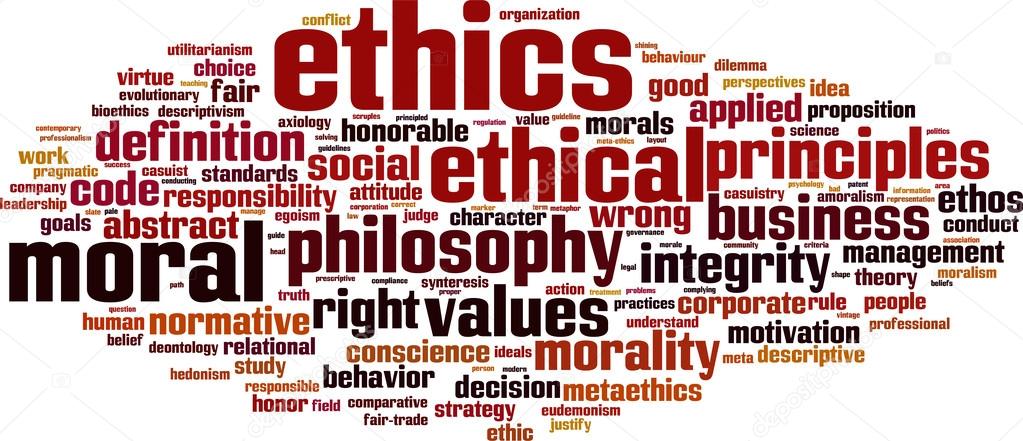
I admit it. That’s a link-bait headline. But I honestly am wondering, as some of the most public PR that exists right now is a whopping load of BS.
As I’ve written before, I’m talking about political PR, the Spin Doctors, the Professional Liars. Retroactive speechwriters who try to gaslight us into believing what we actually heard and saw was not really there.
As a member of PRSA for many years, I know we are governed by a Code of Ethics that includes a Statement of Professional Values. I also know that most of the people who serve politicians nominally as PRs, press secretaries, and who-knows-what-they-are-calling-themselves-this week, are not members. Nor are they actually PRs.
What’s most disappointing is how many were journalists before they picked up the remit to serve the public.
I know, ha-ha, right?
Lawyers have to represent their clients, vigorously, and do their level best to obtain the most positive outcomes for those clients. That’s part of legal ethics, and part of licensing, without which you cannot practice law. The American Bar Association Model Rules of Professional Conduct are interesting reading.
In PR, we don’t have licensing. Our ethical code is voluntary, and there are several organizations that PRs can belong to. .
For the majority of PRs, that’s no issue, because we have no quarrel with staying on the ethical side of the PR street. Obviously, however, there are exceptions to that happy rule.
So, how about this: I’ll give some scenarios below, and you respond to them in the comments. Draw on the PRSA Code of Ethics, and tell us what you would do and why.
Scenario 1
• The safe limits of dioxin in effluent from industrial processes have long been a subject of dispute. Industry leaders have been convinced that scientists supported a lower limit than that requested by environmentalists. Government authorities have not been so sure. They recognize that it would cost tens of millions of dollars for industry to meet the higher standards that were proposed, but they also worry that lower minimum levels might lead to deaths in the surrounding area. Your firm has been approached to bid on an assignment to represent an industry association. What would be your concerns about the assignment? Would you bid or no? Why?
Scenario 2
• Acid rain falling in the northeast of the U.S. is thought by most environmentalists to be caused primarily by coal-burning plants in the Midwest. Modifications in those plants to meet new standards would be extraordinarily costly — and these costs would be passed on to the consumer. A coalition of industries urged Congress not to take action until further study could be made — which might take years. Opponents said that this was merely a stalling tactic on the part of industry. You’re the press secretary for a member of Congress and she has asked you for your views on this issue. It’s especially difficult because before you joined her office, you worked for the largest power generation utility in your state. What would you advise? Why?
Scenario 3
• Agricultural run-off has been pointed to as a major part of pollution in the Maumee River Watershed, which has been implicated in toxic algae blooms in western Lake Erie. Agribusiness is opposed to enacting mandatory limits on fertilizing, which environmentalists say will cut manure-driven phosphorus that supports the bloom. “60 Minutes” among others challenged the the farm lobby’s position. Your firm has had a long term client relationship with a major agricultural concern, which now is asking you to construct a campaign to “get out in front” of this issue and reduce pressure on the industry. What is your response? Why?
Scenario 4
• A major real estate development that would bring an economic boom to a declining community was opposed by environmentalists. The developer brought to public attention extensive research supporting his position; the opposition offered data to contradict the claim. The struggle went on for years. The developer was convinced that an environmentally responsible development could be built that would protect nature and revive the community economically. Opponents were convinced it would be an ecological disaster. The Ohio Public Interest Research Group wants to hire you to represent them publicly to handle press and support their social media efforts to keep the development from coming to be. What is your response? Why?
Adapted from:
Finn, D. (1995) Ethical Dilemmas in Communications. Institute for Public Relations. Retrieved September 15, 2020, from https://instituteforpr.org/wp-content/uploads/Finn_1995_LectureSE1.pdf.

